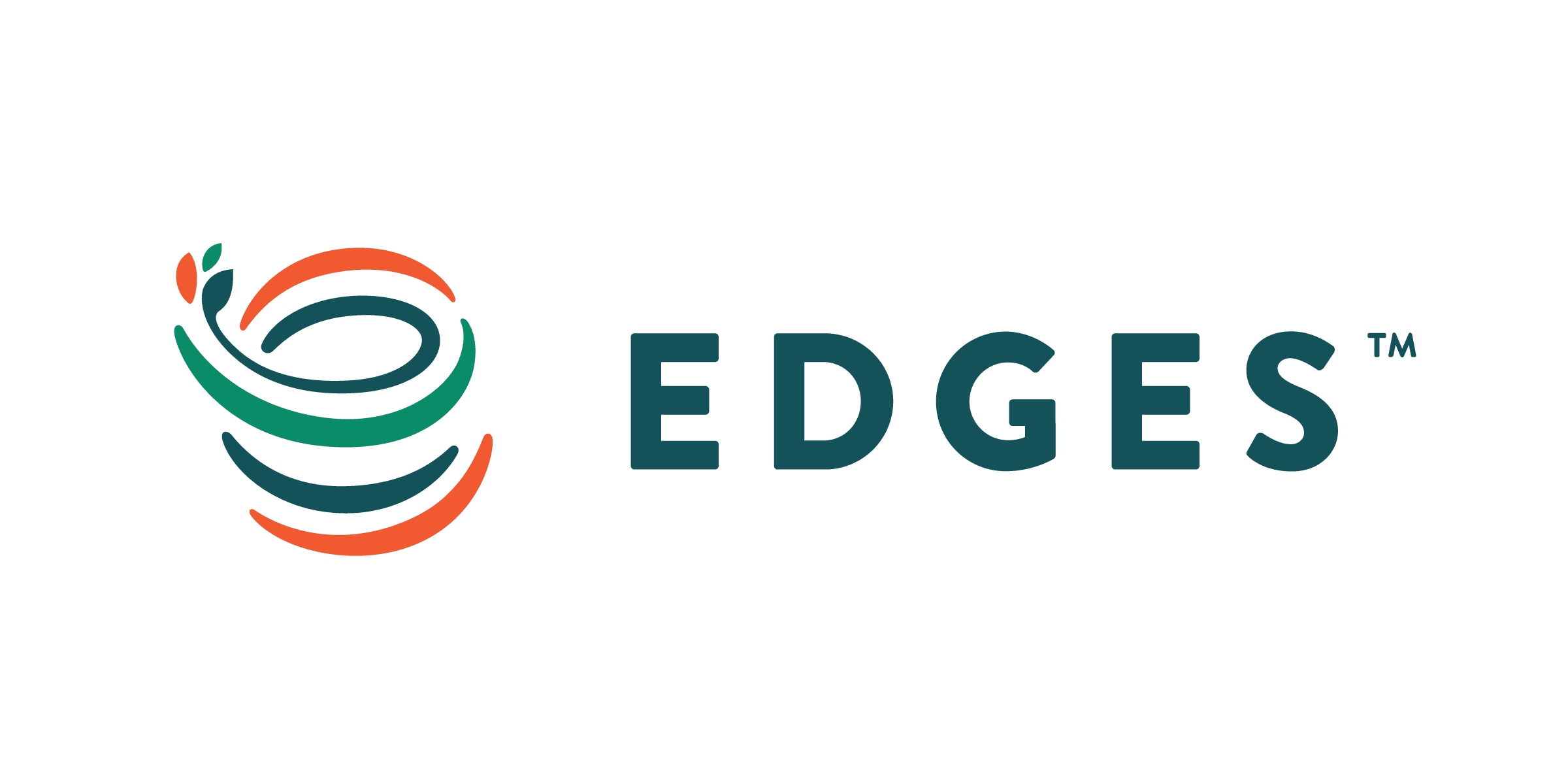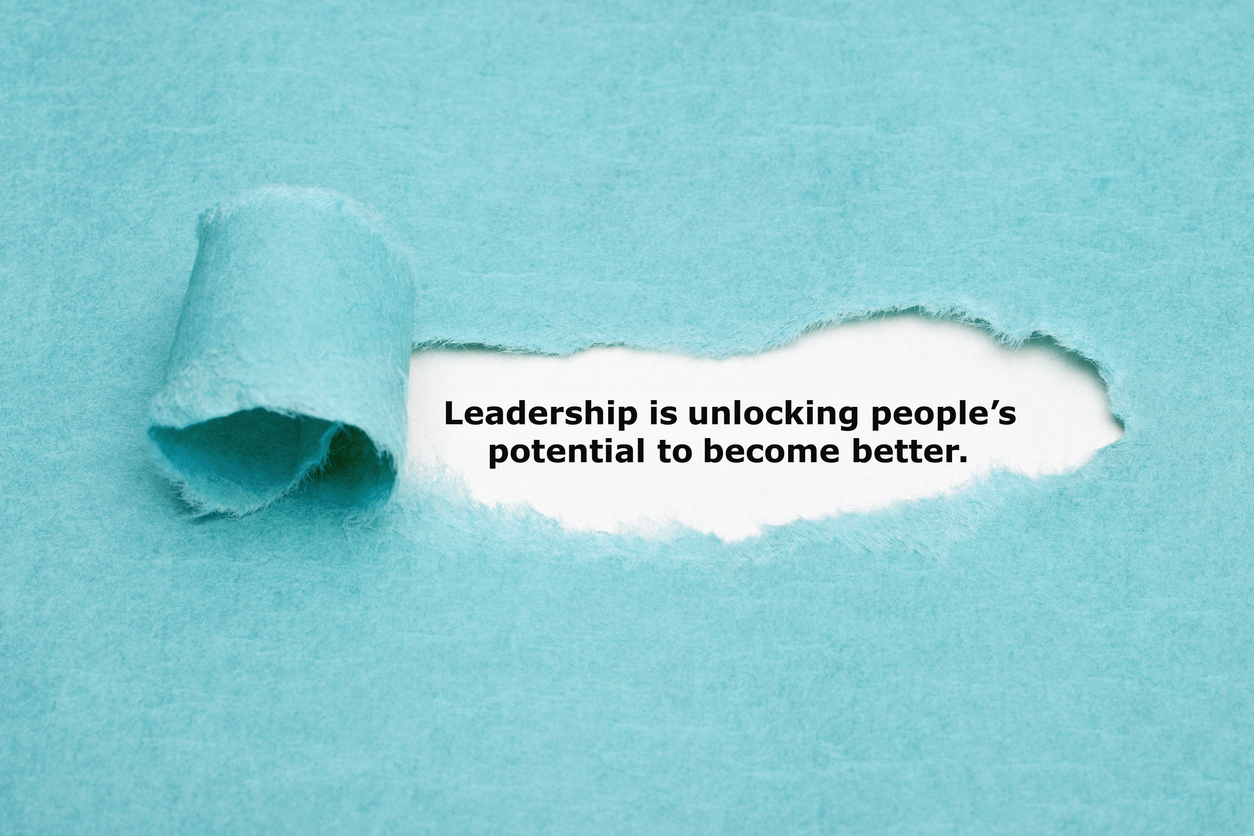7 Skills Every Future Ready Leader Needs
The great leaders of the future will connect people and ideas rather than tell people what to do and how to work. Employees want to work with leaders that trust them and give them autonomy. Leaders will be expected to develop innovative cultures and facilitate meaningful connections through creativity, critical thinking, and learning. Innovation and change are inevitable in the future. We need leaders that are ready to meet this challenge and shape the world of tomorrow.
It is important for leaders to get ahead of the game and adjust their leadership style to meet the needs of this changing work environment. They must empower people, lead with trust, ask meaningful questions, and connect ideas. Leaders must be resilient and focused on positive and strengths based development. There are 7 key skills that every future-ready leader will need in order to succeed.
7 Skills Every Future Ready Leader Needs
- Cohesive Collaboration – Future leaders must lead with passion and enthusiasm in order to keep workplace morale high. They must be able to make people feel like they are part of the solution and use their collaborative skills to shape the dynamic circumstances that impact organizations in today’s changing environment.
- Tech-savvy – Future leaders must have more than a basic understanding of technology. They must know how to utilize the constantly evolving technologies such as analytics, artificial technology, and cloud computing, in order to leverage success in their organization. Understanding data and technology, as well as its power and limitations, will help prepare leaders for the future. Leaders that are innovative can deal with disruptive forces and thrive in situations where they are needed.
- Intuitive and adaptive thinking – In order to get ahead in this innovative world, being a novel and creative thinker is crucial. Being adaptable is also a key component of effective leadership. Adaptive leaders excel at using their knowledge and skills to address the changing circumstances of an organization, while learning from those experiences. Future leaders must have a growth mindset and an entrepreneurial vision for their enterprise. A growth mindset is an attitude and belief that intelligence and talent can be developed over time through consistent effort.
- Emotional intelligence – Skilled communication that leads to informed business decisions is needed. They must be able to hone their interpersonal skills – the trait that AI and computer technology has not mastered. They must empathize with their teams and synthesize their collective knowledge. Leading with a human touch and inspiring their team members is key for our future leaders.
- Culturally intelligent – The world is interconnected and the ability to work effectively across cultures is critical. Future leaders must demonstrate a diverse global mindset in order to be influential in the workplace and ensure greater access to resources and talent. The global mindset is capable of quickly detecting key intellectual, psychological, and social factors to successfully build trust.
- Cognitive agility and flexibility – Future leaders must be able to solve problems and convert change into opportunity. They must have excellent problem solving skills and be able to thrive under pressure. Additionally, the workplace is now complex and fast moving. Leaders should be able to quickly shift their focus, manage several priorities at once, and lead through change.
- Coaching abilities – The role of organizational leaders has changed. The future leader is more of a facilitator, removing obstacles from employees’ paths and obtaining resources to help employees. An employee being coached benefits from rapid learning and a sense of belonging, while the organization benefits from higher retention, a higher level of engagement, and a deeper and more confident talent pool. Coaching with a strengths-based approach helps identify the individual strengths of each team member and builds upon those strengths for the benefit of the individual, as well as the entire team. This approach comes from positive psychology and focuses people on the positive aspects of their personalities which bring them to life and energize them.
There are five generations in the workforce for the first time ever. The newest generation to join is Generation Z, who were born between 1996 and 2010. This digital generation was born at a time when technology and social media were an intrinsic part of their daily lives from the start. This makes it crucial for leaders of organizations that hope to attract and retain Gen Z employees to learn how to differentiate from previous generations. Gen Z is forcing organizations to redefine how we are preparing our future-ready leaders .
Mastering these 7 leadership skills will help future leaders thrive in their roles. In this ever changing and growing workforce, it is critical to always seek ways to learn, improve, and adapt on a daily basis. Leaders must always be open to possibilities and seize the opportunity for growth.
Future-ready leaders also know that ‘future-ready’ is not a steady-state but rather a continual process of learning and growing. A successful organization should have a continuous learning culture. Leadership must invest the time and resources to allow for skill development and improvement.
How Can You Enhance Communication in Your Organization?
InterFace Methods™ is a tool to enhance communications with anyone in your network. Individuals learn to better communicate with and influence others. When using the tool with others, it improves our ability to connect and collaborate. Inter Face Methods Learning eXcelerator™ provides a quick, easy compelling experience to enhance inclusion, collaboration, influence, and productivity. It offers participants the ability to learn about each other’s communication methods while teaching strategies to adapt, influence, and include. The result is team connectivity that builds the ability to solve problems together and increase productivity. Inclusion is enhanced when everyone on the team is able to hear each other’s voices, build communication skills, increase retention, and build more collaborative solutions.
EDGES™ ultimate goal is to provide individuals and organizations the tools needed to create a workplace environment rich in adaptation, connection, and alignment. We believe your team should be better as a result of working with us. If you are ready to strengthen communication in your organization or would like more information about the InterFace Method™ tool, go to interfacemethods.com.

